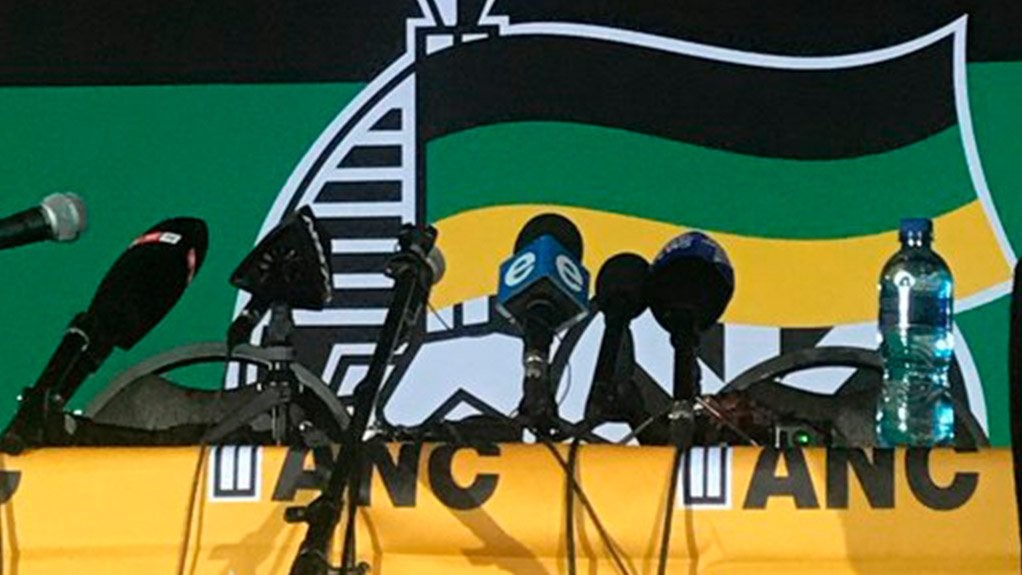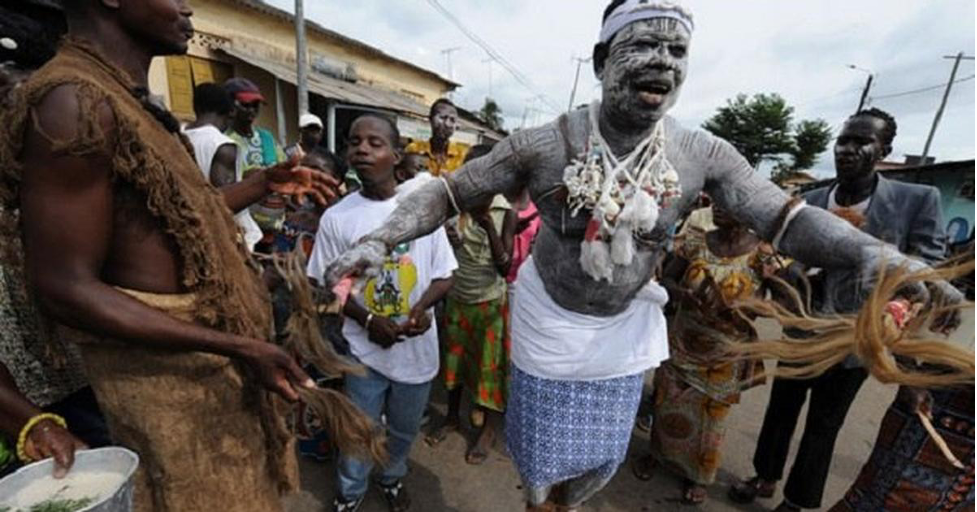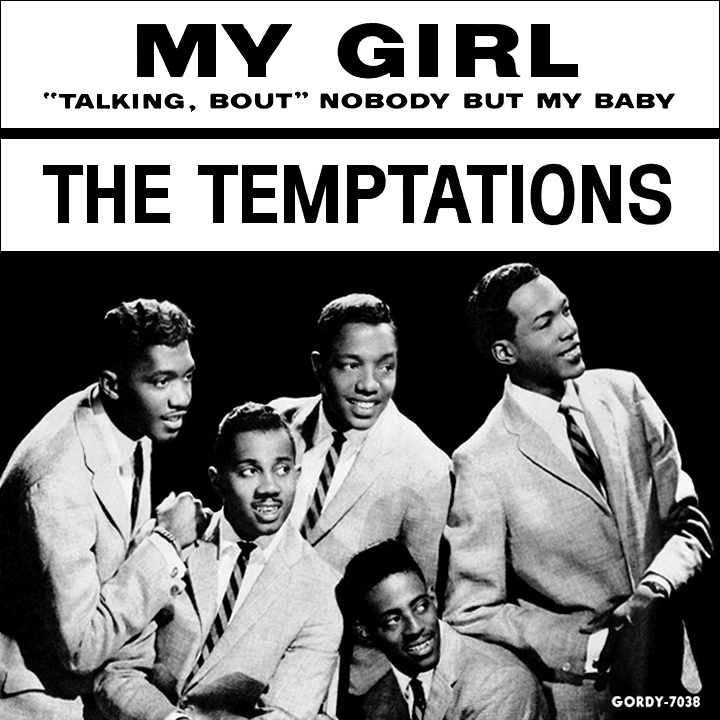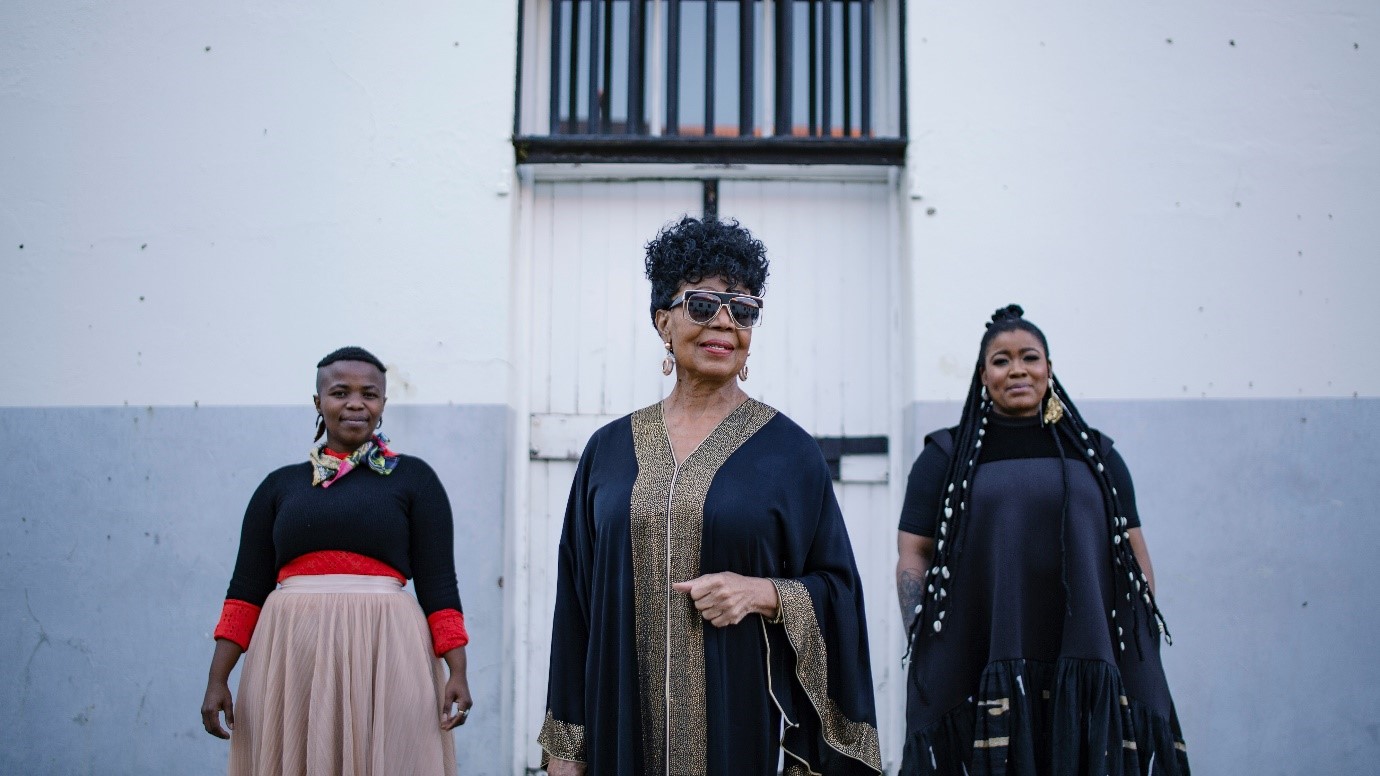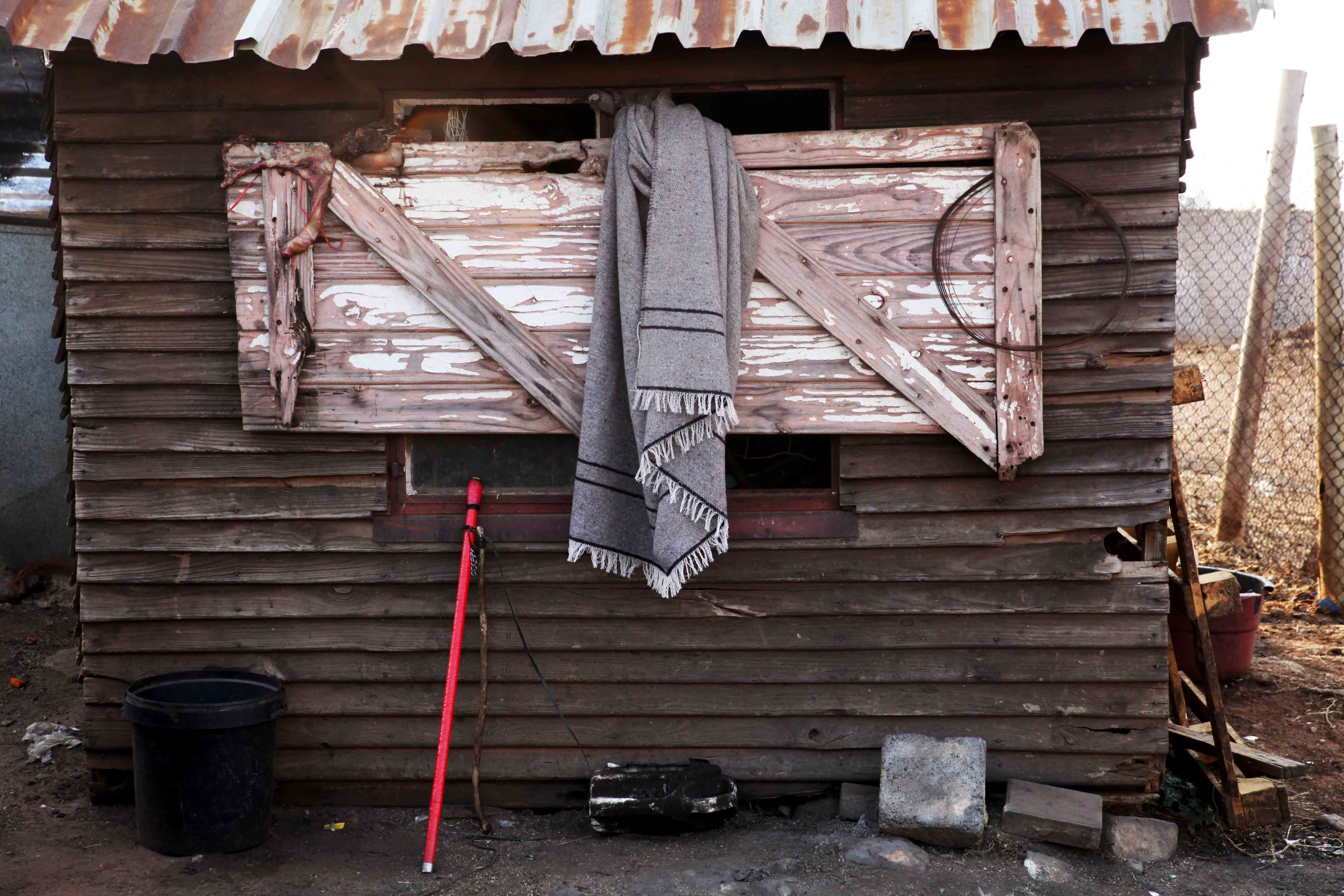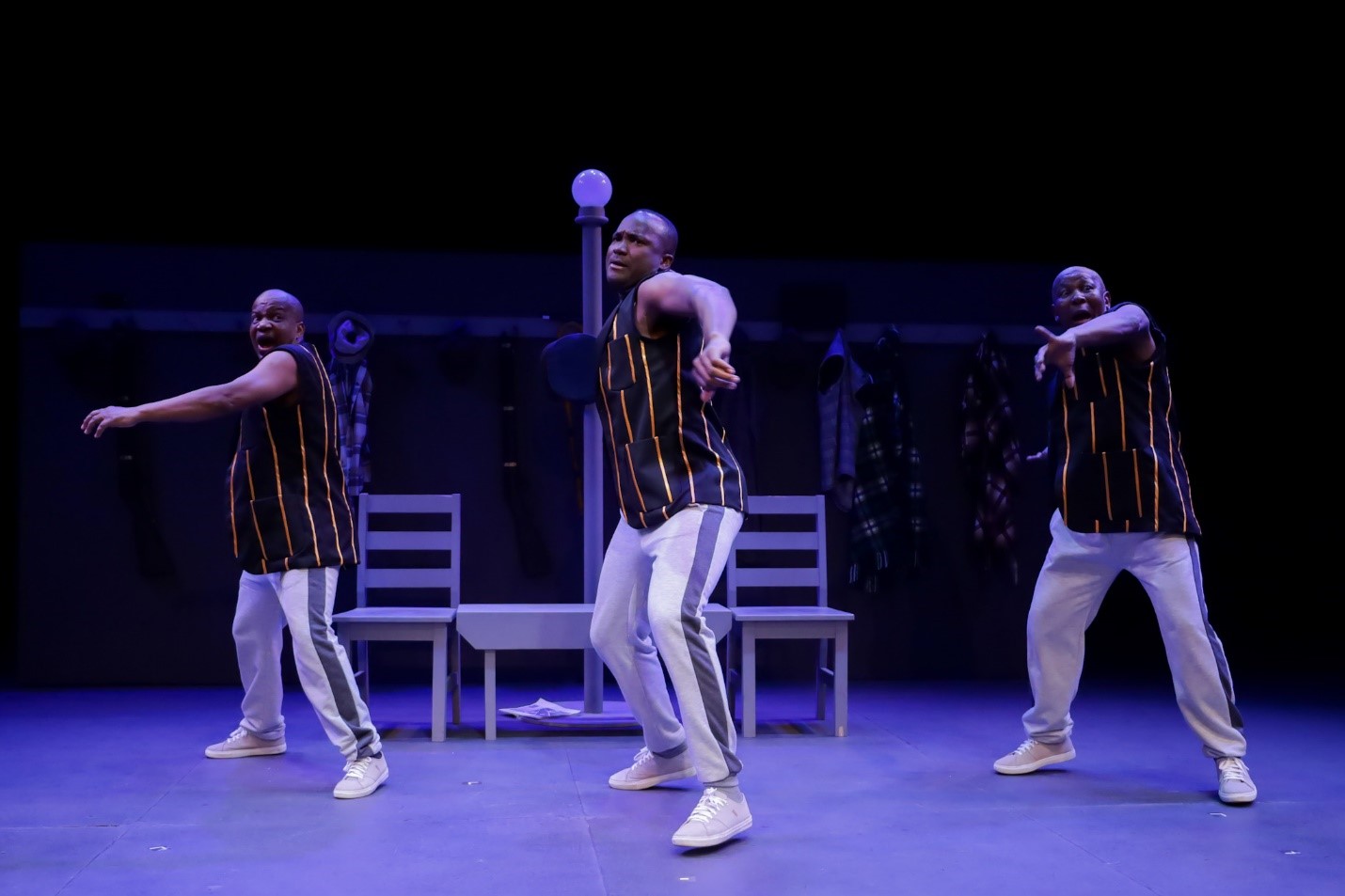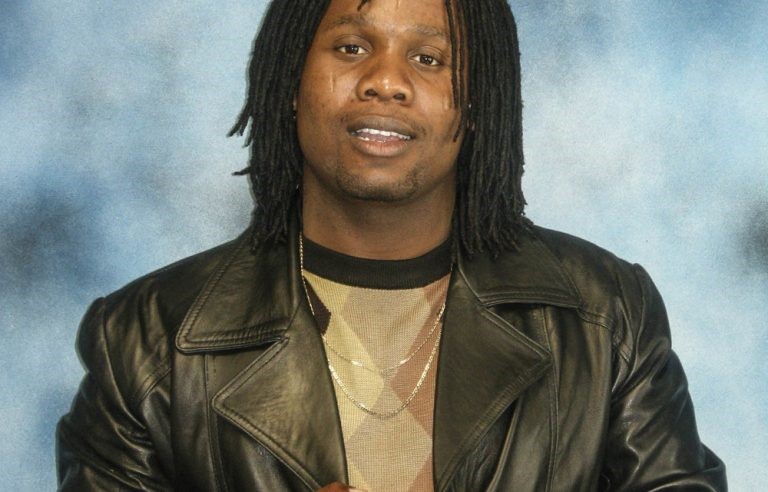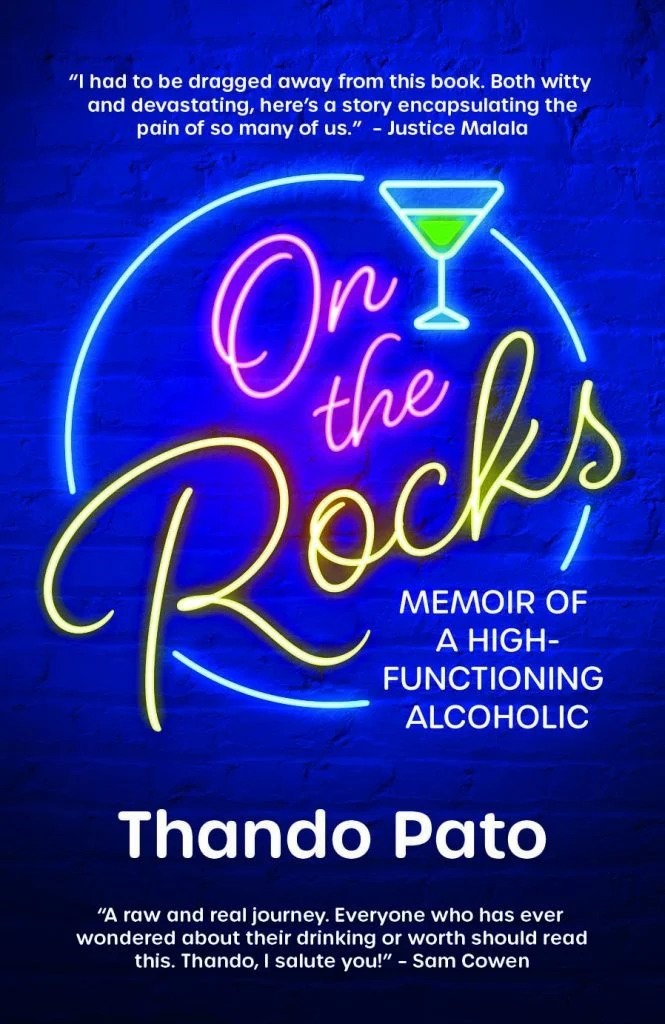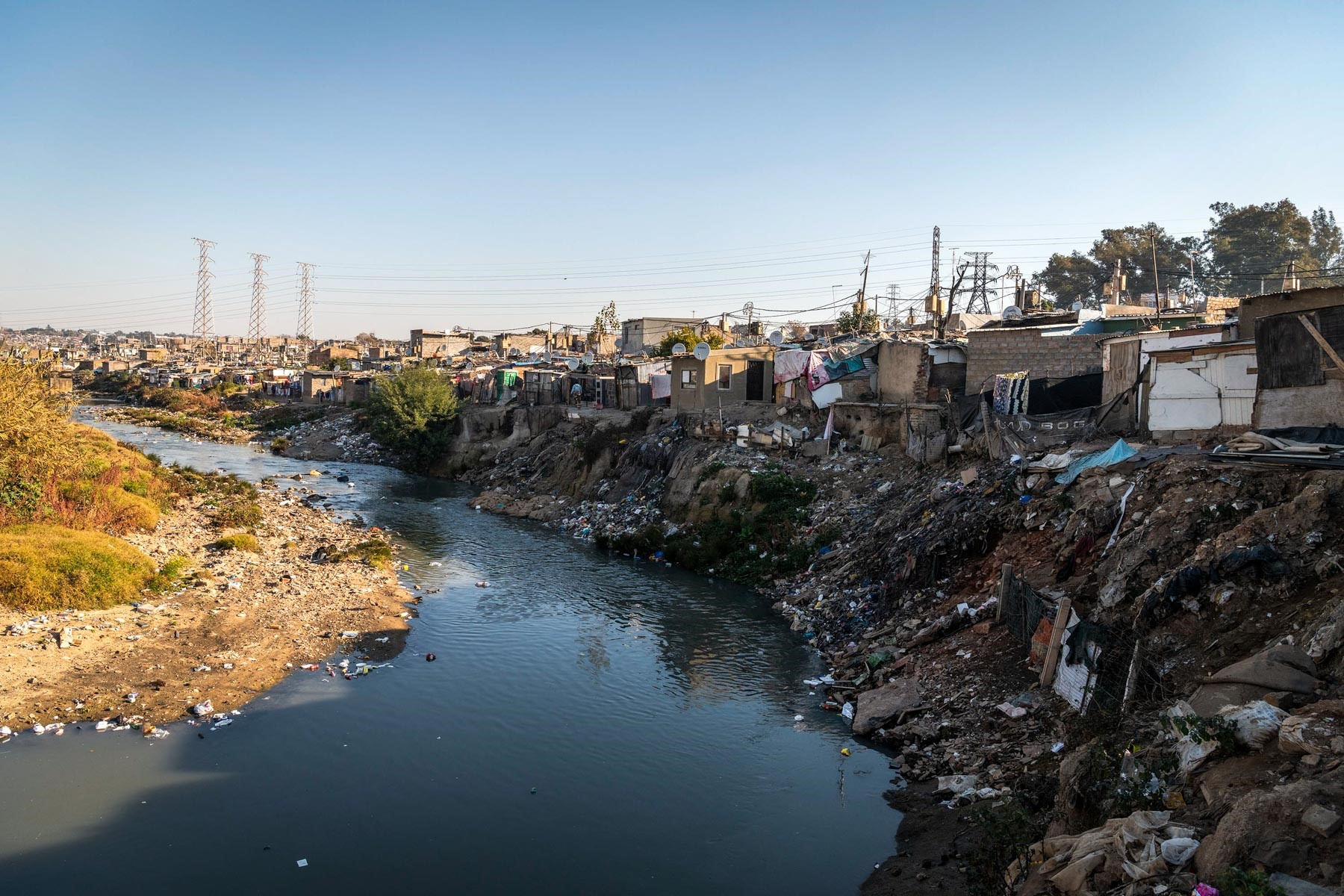ONE thing that commentators, analysts, critics and loyalists appear to always run away from is the fact that the African National Congress (ANC) might be outdated in its practice (culture), behaviour and systems. The ANC is not very democratic in the way it elects its highest office-bearers — particularly the national executive committee (NEC). This should be the starting point for democratisation, if the organisation is serious about reforms in terms of how it is run. Failure to deal with the glaring structural misnomer means that the perceived gap between the ANC and the rest of the population grows each day. Without the necessary reformation of these electoral and structural linkages, the ANC will continue to exist in the distant past. It thus needs to update and become a dynamic political party, that is willing to be influenced by the environment it claims to want to change. This ‘leader of society’ appears to not be in sync with the society it claims to lead.
Every five years, all nine ANC provincial structures host branch general meetings (BGMs), to prepare for the national elective conference; a structure that elects (nominates) the executive — and charts the way forward in terms of policy direction. What is interesting is that these BGMs are mainly about nominating the top six officials: the president, deputy president, secretary general, treasurer, chairman and deputy secretary general — as well as over one hundred NEC members. They also draw up the list of ‘national leadership’. This is essentially where the battle for the future of South Africa is fought. And it is going to remain like this, for as long as the ANC stays dominant on the country’s political landscape.
In all the excitement that accompanies internal elections, the names of the people who serve in its highest decision making body, the NEC, generally receive little attention, and (much more concerning) very few people actually talk about them in a democratically-inclined manner. Meaning, the candidates at lower levels don’t see themselves as the rightful people who should be serving in the NEC. Instead, they get pre-occupied with selecting people whom they have little or nothing to do with. In simple terms, there is no reason for a province or region to be selecting national lists. For many candidates, it appears that they feel compelled to nominate NEC members without question. This works to the advantage of those who utilise their NEC membership to advance certain agendas.
Nonetheless, the ANC’s policy conference in 2007 resolved to increase the size of the NEC from 60 to 80. This number currently stands at 104, including ex-officio members and the ‘top six’. Talk of reducing the size of the ANC was raised again in 2017. The concern then, for example, from some members and alliance partners (Cosatu and the SACP), was basically that the executive “no longer represents the party’s core constituency, the working class,” — but is “overloaded with business leaders and cabinet ministers with no constituency”. This gives a false impression — that the NEC has ever represented the people who serve in branches, and or those who have been voting it in for the past 26 years.
In its ‘Organisational Renewal Report’, the ANC argued that increasing the size of the NEC was necessary to, “ensure that there were more members to meet the demands arising from provincial and sectoral deployment; ensure an appropriate gender balance and generational mix; and ensure that the NEC represents a broad spectrum of the motive forces and has members from different centres of power”. Now over 100 people serve in the NEC, with over 80 percent having been there for almost their entire lives. These individuals arguably serve various interests, in what is generally called a ‘broad church’. However, the church does not know who is there to advance external interests, or who carries its agenda.
Amandla asemasebeni?
The NEC doesn’t have clear, direct links with branches, regions and provinces. The opinion advanced in this document is that the positioning of the NEC, in relation to other structures, is/was not a mistake or oversight on the part of the ANC. Rather, this has always been deliberate — in order to maintain the core of the leadership that it had in exile (and others from within, especially from the UDF and trade unions) who were familiar with what was agreeable to white capital — much of which was cemented during the CODESA negotiations in the 1990s.
This deliberately entailed not rocking the boat when it comes to the economy, land ownership, mining, ‘self-determination’ of the white race, etc. The point is that the major risk white capital saw was probable radicalism that existed within the country, and that needed to be carefully managed. The only way to do this was through conservatism within the ANC, in terms of its structures and insistence on non-racialism. Through the NEC members, the ANC has kept its promise; as it reluctantly deals with the legacies of apartheid.
The truth is that the organisation is and will never tamper with apartheid infrastructure (economy, ideas, symbols, etc.). South Africa will retain the apartheid/colonial character its society reflects.
Over time, capitalist class interests had already groomed many future ‘leaders’ — who were going to manage key sectors of the economy — such as banking and mining. Many were identified as early as the 1970s, for both business and politics — the two key areas of interest for the owners of capital. But this was not going to be adequate, without a ‘behaved’ class of political leaders. The ANC therefore had to manage this side of the risk, by ensuring that it retained its form and shape as it was in exile. The saying ‘amandla asemasebeni’ is nothing but a slogan: branches and other structures, including regions and provinces, were merely appended to placate its large membership. In practice, branches have little or no qualitative and material influence in the ANC. It is unlikely that a rural or township branch in Limpopo or KwaZulu- Natal even understands what the organisation’s position on, say, land reform, education or the nationalisation of the South African Reserve Bank (SARB) is.
The NEC has stayed more or less the same as it was in exile, not just in terms of members; but also when it comes to qualification. As a result, the old guard and ‘popular’ individuals retain their positions in the NEC, and are not affected by anything. The dual election of leaders, which happens through the national elective conference, cushions them from competition from new, vibrant members. Delegates who participate in the national conferences already serve in lower structures, which should automatically qualify them to serve in the NEC. But that is not the case, as they are supposed to only elect ‘national leadership’ — there is no quota system to allocate places in the NEC according to provinces. This ‘national leadership’ is made up of untouchables, who don’t have to do anything much to be re-elected. Some don’t even have constituencies, yet they feature very high on the ‘national’ list.
In the long run, this has made the NEC the single most problematic structure within the ANC. It is probably where deep divisions or factions are most visible. It is one structure where democracy is questionable, considering that the NEC has always been used to frustrate change — not only in the organisation but also in government — the ANC sets a maximum target of 65% NEC members to serve in the country’s cabinet. Consequently, most of its members tend to be ministers, deputy ministers, and/or occupy strategic leadership positions in the state and/or its institutions (cadre deployment). The 53rd Conference resolution on organisational renewal states that, “in the new phase of the NDR, deployment should always be preceded by systematic intellectual, ideological and ethical training and political preparation”.
Other NEC members hold positions in the private sector, which inevitably means that they represent certain interests of external bodies or entities that don’t partake in organisational structures. Thus, the private sector, for instance, doesn’t have to employ lobbyists to influence the ANC or government (like in the US) because their interests are well served. This obviously leads to conflicts of interest. It appears that the ANC has no view on this — that these members effectively serve as a bridge between the ANC and mighty capital. They are in essence facilitators of the ANC’s capture by the capitalist class. They also deepen the levers of corruption within the ANC.
These well-paid chief lobbyists play a very oppositional role to transformation and change. Unthinkably, deputy secretary general Jessie Duarte complains that the economy is “still in the hands of those who controlled it before democracy”.
Constituencies according to the ANC
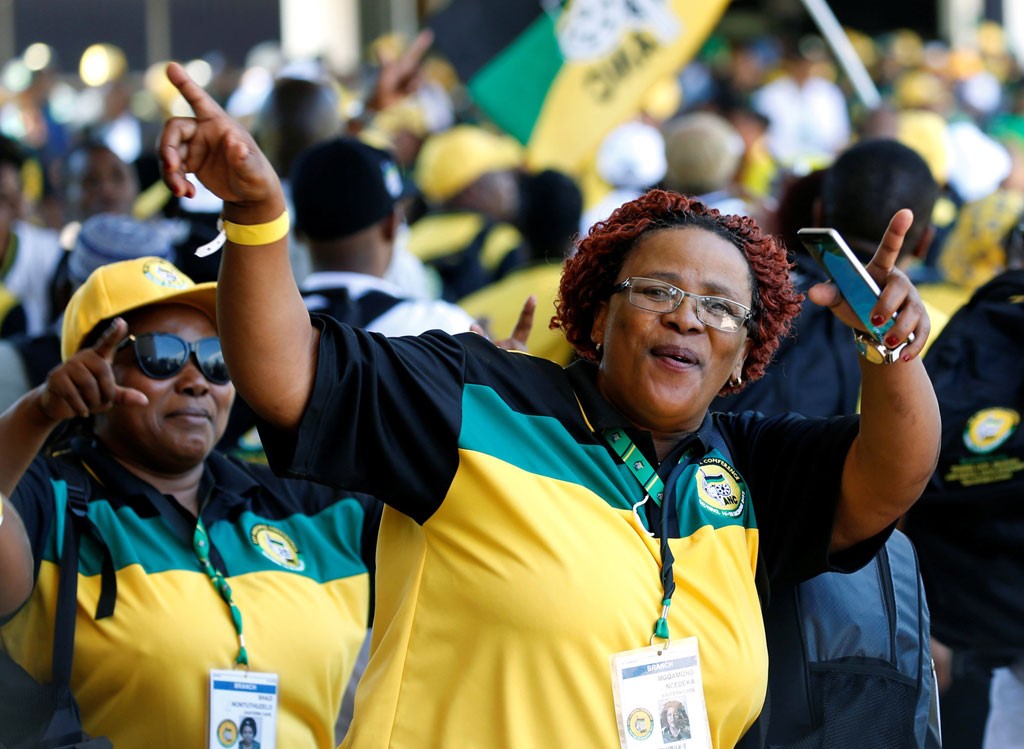
In as much as there has been talk about reforming representation in the NEC, things have stayed more or less the same. Perhaps there is a reason to explain this unusual state of affairs. The ANC is under the grip of a ‘core clique’ — which is dominated by conservatives and people who view themselves as the only ones with a birth right to holding senior positions in the organisation. Just imagine a branch in Kimberly or Seshego, nominating Joel Netshitendze or Malusi Gigaba to the NEC. Or, regions in KZN and Gauteng recommending Tony Yengeni and Faith Muthambi to be part of the NEC? Or, say, provinces like Limpopo, Eastern Cape and the Free State; favouring Jeff Radebe and Paul Mashatile to be their representatives in the NEC? Impossible.
This obviously lacks democratic logic and rationale, because the organisation ends up with similar people every five years — who have the same thinking patterns, and are less concerned about the people they are said to be representing. At the end of the day, the NEC is more about personalities and less about representing the people who elected them. In many cases, the ANC talks about "constituencies"… when there are actually none. Elective processes of the ANC go against the basics of democracy — or simply put, direct representation of different provinces, regions and branches doesn’t exist — because of the over-centralised nature of not just the organisation itself, but also the electoral processes. This goes for regional, provincial and national levels.
If one had to carefully check all NEC members and the places where they live, the outcome of that investigation would be disappointing. It is likely that many people who serve in the NEC permanently reside in the big cities; and rarely have any connection to actual geographical locations across the country. To try to ‘solve’ this unusual situation, the ANC allocates its NEC members constituencies, or places they have no relation or connection to. Person A, born or living in KwaMashu or Durban, would be given, say, Mafikeng or Kimberley as a constituency. This makes little sense. The ANC has not learned from its previous attempts, to impose the likes of Thoko Didiza and others in places where they were not known.
In addition, the ANC puts in place ad-hoc arrangements to oversee provinces in the event of a crisis, as in the North West. The same thing happens when one of the leagues, such as the ANCYL, is in trouble. The individuals serving in these structures are usually not relevant to the task at hand, and contribute to further conflict. Courts have played a more prominent role in internal squabbling than then they are supposed to.
There are also concerns that the ANC is not very transparent, and that it does not take issues of accountability seriously. At the height of the controversy involving the factions which opposed former President Jacob Zuma, and those who defended him, the NEC was asked to decide on whether to remove the president or not. Many members of the public were disappointed in the NEC, and accused it of being ‘lackeys’ without venom. The majority of the NEC members are also parliamentarians; and an expectation was placed on ANC MPs to do the unthinkable — to vote out their president.
The equation is quite simple: If you failed at NEC level to ensure accountability, there is no way you can succeed in parliament. Hence, many people appear excited following the recent Concourt judgement on individual candidates at provincial and national levels. They somehow think that the court decision will make public representatives more accountable.
Awudedel’ abanye!
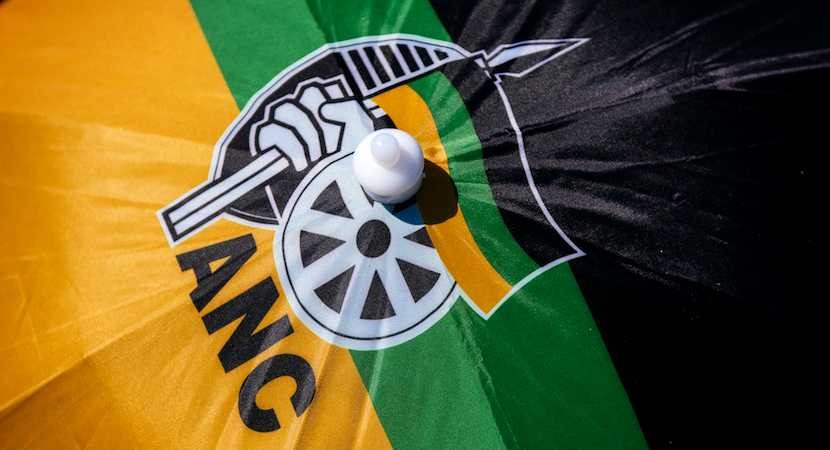
As things stand, certain individuals have been members of the ANC since exile days, and others since the unbanning of the organisation in the early 1990s; after its unbanning. There is little tangible evidence that they add value to the organisation, and the well-being of the people they claim to represent. Taking a person such as Enoch Godongwana as an example (without necessarily personalising the debate), he has been in the NEC mix for much longer than necessary, especially as the head of the ANC's economic desk.
First, the only thing known about him is that he may be originating from the Eastern Cape, but no further details of what really makes him the best person to hog such a critical position for this long. And also, one has to question if he is there on the strength of his constituency — supposing it exists. He is also chairperson of the board of the Development Bank of Southern Africa (DBSA). The same goes for the likes of Tito Mboweni, Pravin Gordhan, Bongani Bongo, and many others.
Secondly, the likes of Godongwana and other NEC members have grown too complacent to care about anything. They are correct, because the branches keep on bringing them back. The ANC's inability to undergo renewal, especially of its internal processes, will certainly take it to where Zanu-PF in Zimbabwe finds itself today — with old leaders who struggle to keep the country going, due to lack of energy and creativity. Of course, Zanu-PF and the ANC comrades will hear none of this, when the saying "awudedel' abanye" should be the name of the game — to allow fresh and relevant ideas to penetrate the executive team.
The present situation is unacceptable, because the “culture” of the organisation has outlived some of the oldest species on earth. And, the inability to allow free flow of people in and out of the NEC hampers progress, and will surely fast-track the natural death of the ANC. It is bound to go down the grave with its “owners” — it is unfortunate that even the so-called young leaders in the ANC could be as old, in their thinking, as older NEC members. The organisational culture is entrenched to the core. It is also strange that the top six get nominated and/or elected before the NEC. The most logical thing to do is to elect the president from a representative body, rather than what is happening now.
It took the political storm of 2007, in Polokwane, to at least see certain provinces like Limpopo and Mpumalanga getting cabinet posts. Otherwise, EC, KZN and Gauteng would continue to treat the ANC and public as if these were their property. Also, dominant ethnic groups and provinces will continue to define the character of the ANC, unless something drastic is done. If Luthuli House can decide on the numbers that provinces can send to the elective conference, then why is the same principle not applied — to ensure representivity in the NEC? This can also be pushed forward to representation in parliamentary lists, and cabinet positions.
Way forward & solutions
A true organisational renewal of the ANC should be responsive to present circumstances and dynamics in its membership and voters. Deep reforms are necessary, to make it a modern political party. These reforms would hopefully make the party better prepared for the inevitable changes in the country’s electoral system.
•Meritocracy: Being an NEC member is something that is more like a birth right, rather than based on meritocracy. The source of merit should come from representation of geographical jurisdictions, different groups and partners. In this regard, the proposed model would entail a combination of constituency-based systems plus branch nominations. The system becomes more open, and open to competitive participation.
•Direct election: From there, the person qualifies for the NEC based on the number votes obtained from this process. Thus, the NEC would be an aggregation of provincial candidates, which are directly nominated by branches. There is no point in having NEC members as a stand-alone, besides the top six office bearers. Other members can still retain their positions in provinces, while serving in the NEC on a part-time basis.
•Strong representativeness: The suggested electoral process would spread members between regional, provincial and national; on a fairer basis. There are provinces that are insufficiently represented in the NEC, parliament and/or cabinet. A change in processes would eliminate these problems.
•Strengthening of municipalities: Structural reforms will also ensure that local levels are not disadvantaged by having only the weaker individuals, who go on to lead municipalities. Problems at municipal level emanate from severe talent malnutrition.
•Age limit: The majority of the ANC leaders are beyond the official retirement age, which means that it is still going to be a long while before SA can have a president below 50. To avoid and also ensure that the Chinese Communist Party does not become a gerontocracy, there is an understanding, known as qishang baxia or “seven- up, eight-down”, which dictates that only leaders 67 or younger can ascend to or remain in top posts. Those who are 68 or older must retire when the party changes guard, every five years.
•Performance monitoring: Moreover, there should be a monitoring system to evaluate performance of NEC members, which would in turn give their constituencies power to direct them, and/or even remove them.
Conclusion
Organisation renewal in the ANC will not take place by word of mouth only, and by referring to old decisions taken in places like Morogoro. Those decisions served their time, but times have definitely changed. There is need for vibrancy and foresight on the part of the organisation. It does not matter who the leader is, because underlying systematic issues will continue to trouble the ANC.
If anyone is hoping to see "peace" and "unity" in the organisation going forward, they are destined for a serious shock. The ANC needs to democratise, otherwise the country will stay the way it is — where rural areas and peripheral provinces and towns will continue to be marginalised; in terms of resource allocation and development. These rural populations have no representation at most levels of governance, in the party and in the state.
Julius Malema started his own party. Makhosi Khoza tried a new party. Has anyone ever bothered to investigate the problem? The seats held by the ANC in the national parliament, provincial legislatures and municipal councils continue to dwindle; without any attempt to ‘modernise’ Internal processes in the ANC. The delays in local government elections, or combining them with national elections, will not change anything — the downward spiral will continue. And many in the ‘national leadership’ will disappear with the ANC. Freedom that was promised is suddenly up in the air, a figment slipping through the fingers of those who believed the promise. Infrastructure is deteriorating, and nothing new is being built. The economy is still as it was in 1982.
Is the ANC still worried about being infiltrated?
Si ya yi banga le economy!

